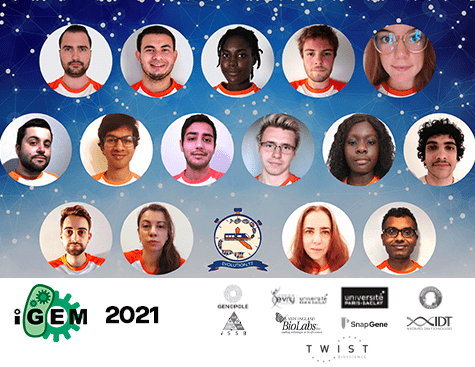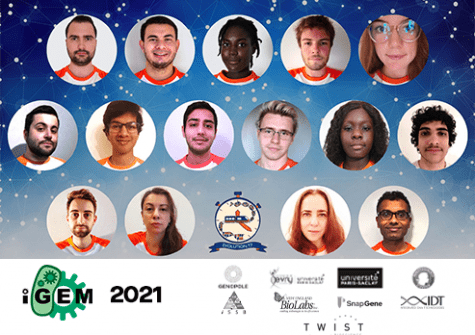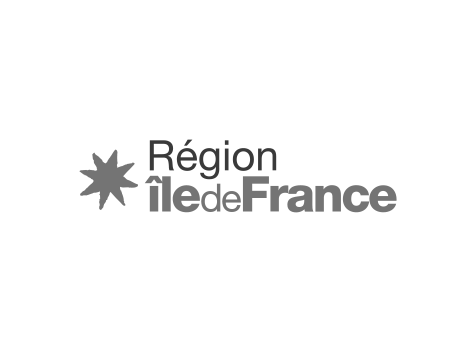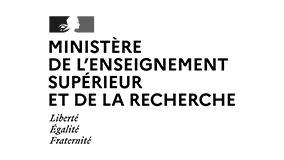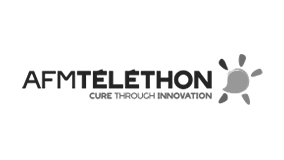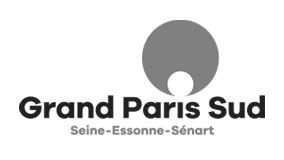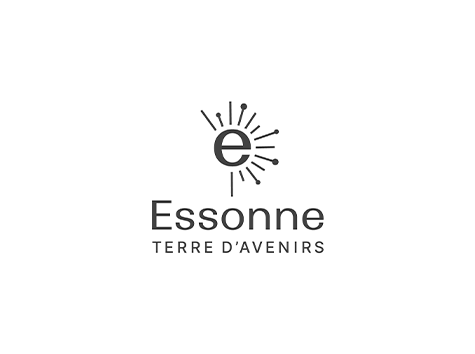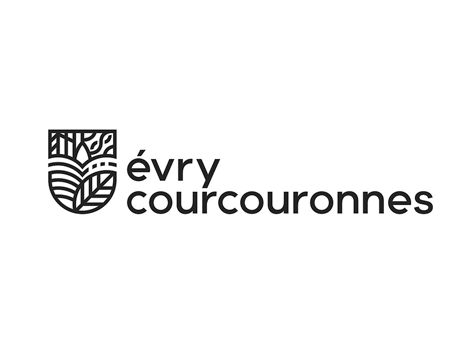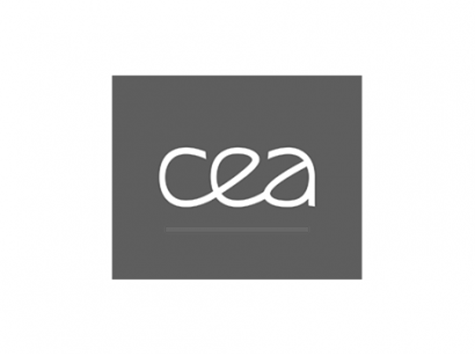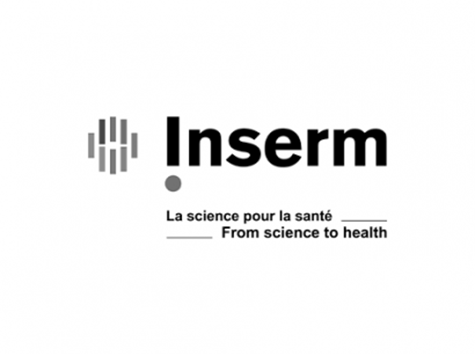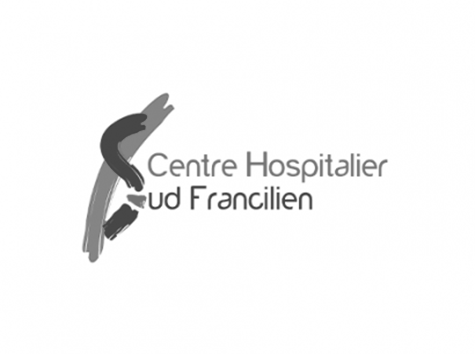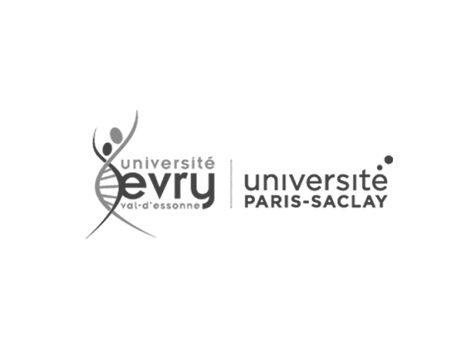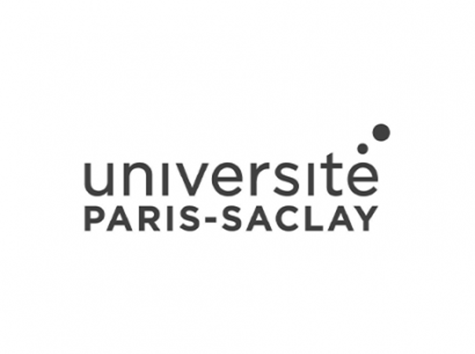More than 350 student teams were brought together on 4–14 November for the 2021 edition of the renowned international synthetic biology competition iGEM. For the event, the Genopole Évry Paris-Saclay iGEM team chose not to focus on a specific application but rather to carry out a basic research project with extensive practical potential. Entitled Evolution.T7, their project harnesses the power of natural selection to create novel biological functions. It calls upon a method named directed evolution to target a specific gene of interest.
All forms of life emerge through evolution.
Natural selection of the random, successive mutations occurring in life have led to a vast diversity of extremely complex organisms.
Directed evolution is a laboratory method designed to accelerate the generation of genetic diversity and even target therein the production of protein variants with desirable properties. Indeed, in vivo diversification targeted to specific genes has recently become possible via the use of deaminases guided by an RNA polymerase from bacteriophage (or just “phage”) T7.
The Évry team maximized the efficacy of their method by combining:
- the use of new deaminases with improved mutation rates;
- and the use of an innovative process that targets both DNA strands simultaneously, thus increasing the diversity generated at each mutation cycle.
The Évry students tested their method on two genes, one a transcription factor and the other a gene involved in resistance to ampicillin, an antibiotic. The transcription factor is useful for applications targeting the biological production of various compounds. As for the antibiotic resistance gene, the team was able to mute this latter so that it conferred resistance to aztreonam, another important antibiotic in human healthcare. Such a tool can improve knowledge on and the monitoring of the extraordinarily important issue of antibiotic resistance.
The 2022 edition of iGEM is to be held in Paris, providing an excellent opportunity to let French teams and the country’s competencies in synthetic biology take center stage.
The Évry team’s 2021 iGEM project was developed with financial support from the University of Évry, Genopole, Paris-Saclay University and the Investments for the Future program. Material support was provided by SnapGene, New England Biolabs, IDT, and Twist Bioscience. The project and its team were supervised by the Laboratory of Systems & Synthetic Biology (LISSB) (UMR 8030 Genomics Metabolics Laboratory), the Micalis Institute and GenHotel.

